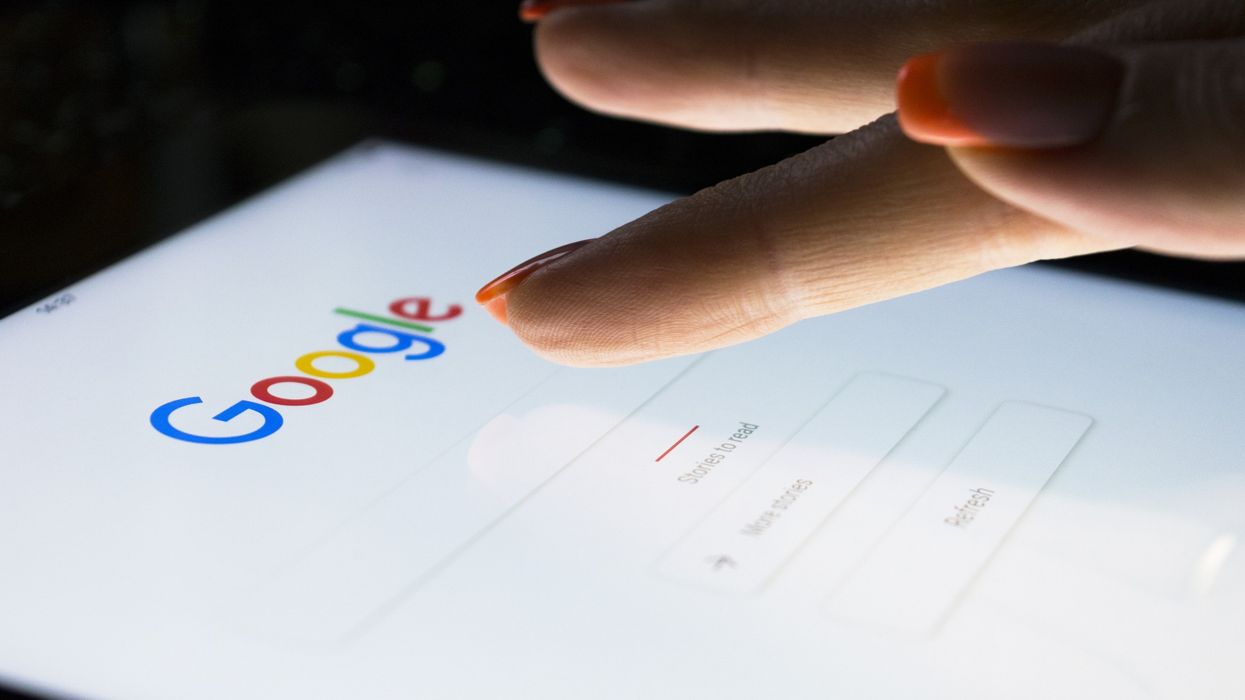Highlights
- Google adds Gemini 2.5 Pro and Deep Search to AI Mode
- New features available to Google AI Pro and Google AI Ultra subscribers
- AI-powered phone calls now available via Project Astra for business enquiries
- Changes reflect Google's continued shift towards AI-led search experiences
Google rolls out Gemini 2.5 Pro and Deep Search in AI Mode
Google is expanding its AI-powered Search capabilities by rolling out Gemini 2.5 Pro and Deep Search within its dedicated AI Mode interface. The features are launching today for Google AI Pro and Google AI Ultra subscribers, further advancing the company's efforts to position AI Mode as the main way users interact with Google Search.
Both tools were initially previewed during the Google I/O 2025 conference and are now being fully integrated into the search chatbot.
What is Deep Search?
Deep Search is designed to offer more nuanced and thorough search results by analysing intent beyond standard keyword matching. When paired with Gemini 2.5 Pro, it enables more context-aware responses and layered reasoning—potentially replacing conventional browsing for complex queries.
These features were previously accessible through other interfaces, but their inclusion in AI Mode marks a strategic shift toward an AI-first search experience.
AI-powered phone calls go live
Alongside search enhancements, Google is also beginning to roll out AI-driven phone calls using its Project Astra framework. This feature, teased earlier this year, allows the Gemini assistant to make calls to local businesses to check for availability and pricing.
When a user searches for a business or service, they may see an option such as “Have AI check prices”, which will prompt the system to call the business on the user’s behalf. While available to all users, those on AI Pro and AI Ultra plans will benefit from higher usage limits.
A broader shift to AI-first search
These updates continue Google’s broader move to embed AI more deeply into Search, following the general rollout of AI Mode in May 2025. The ultimate goal appears to be transitioning users away from traditional search results and toward an interactive, AI-powered interface.
As these tools expand and improve, Google is positioning its Gemini assistant not only as a source of information but as an agentic tool—capable of acting on users’ behalf in both digital and real-world contexts.





